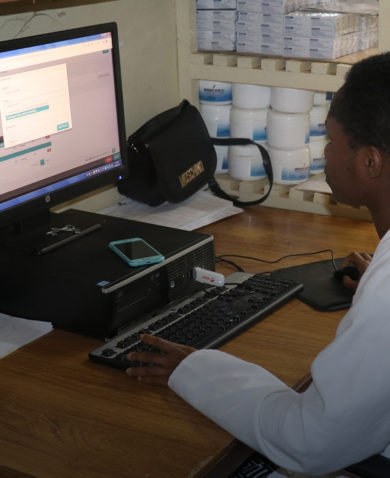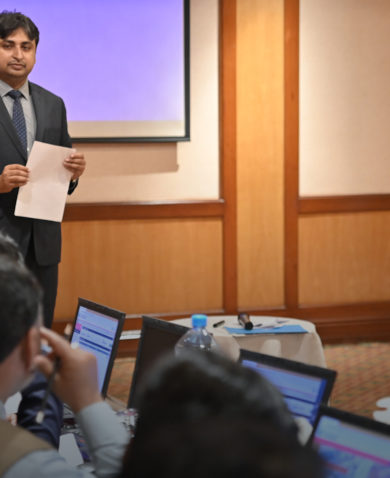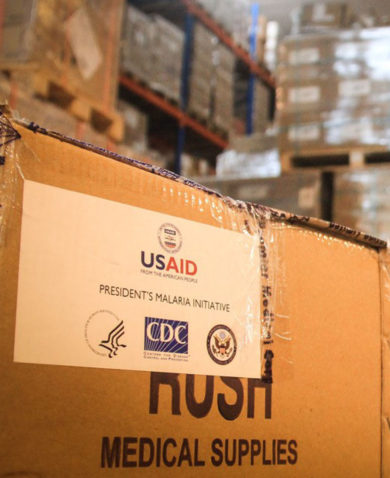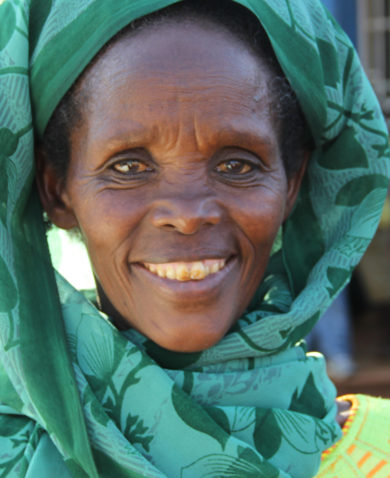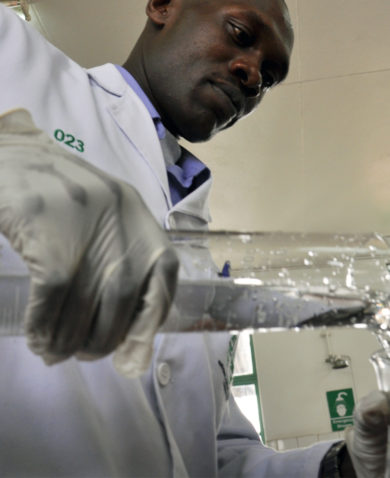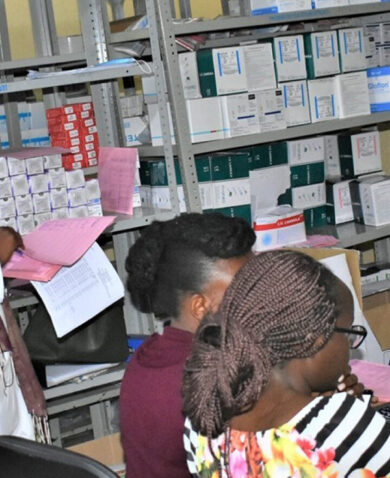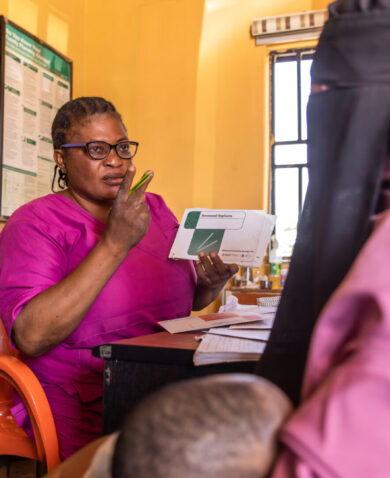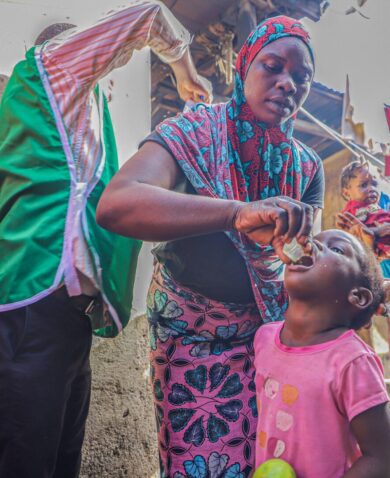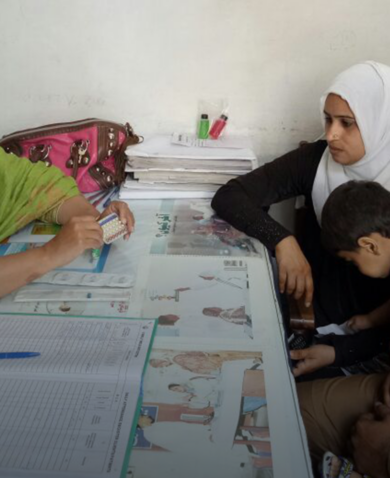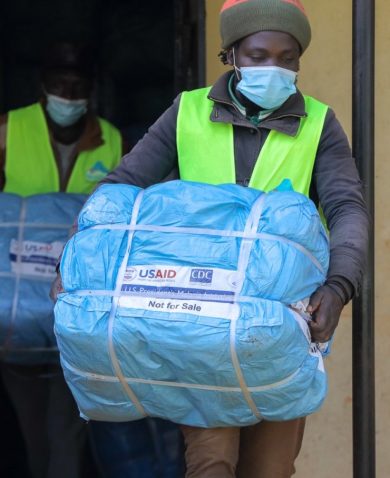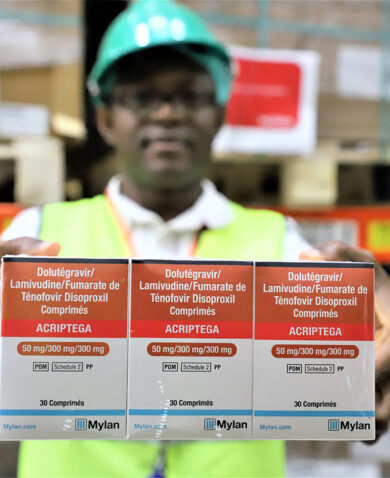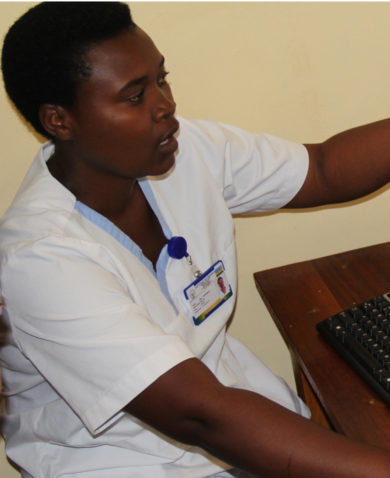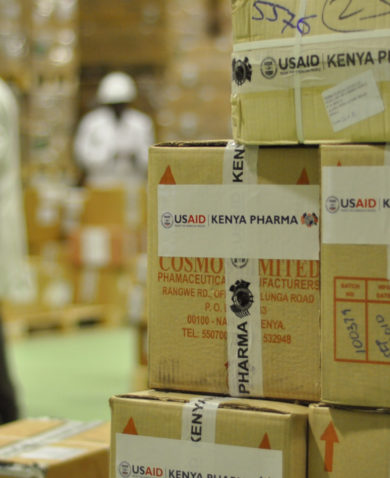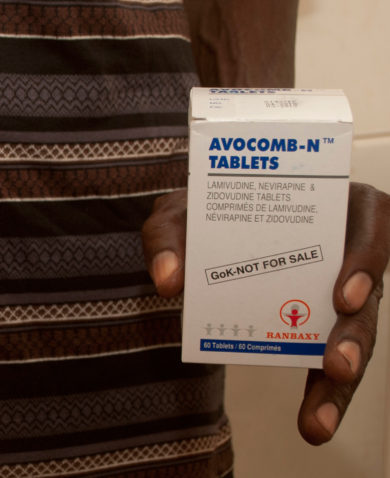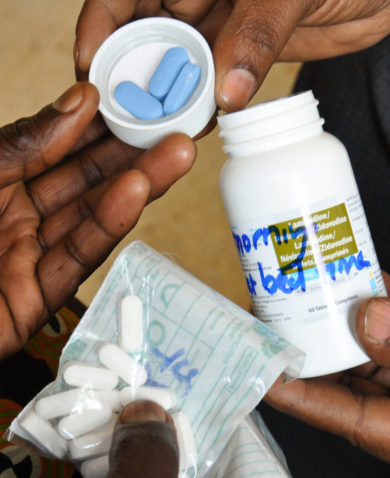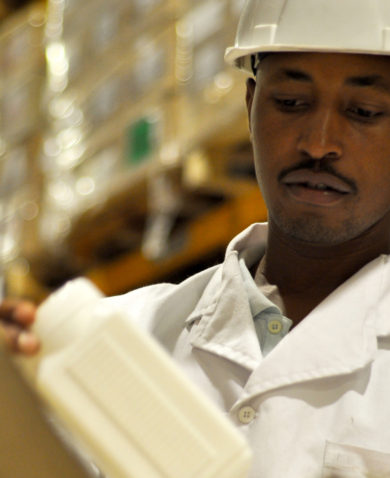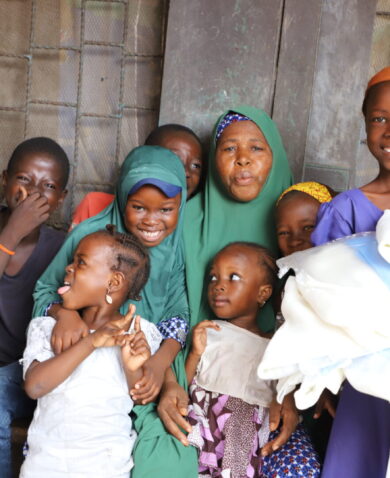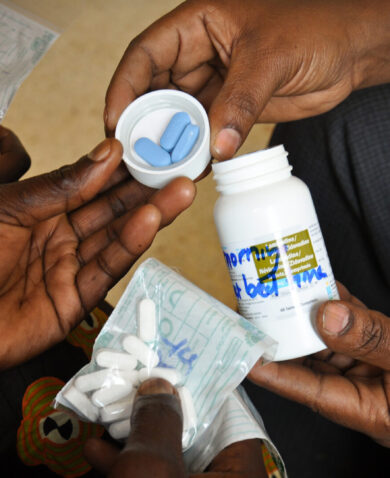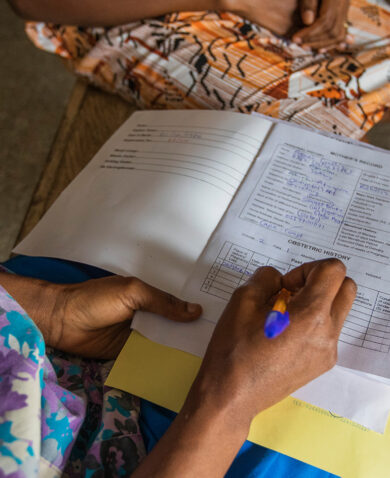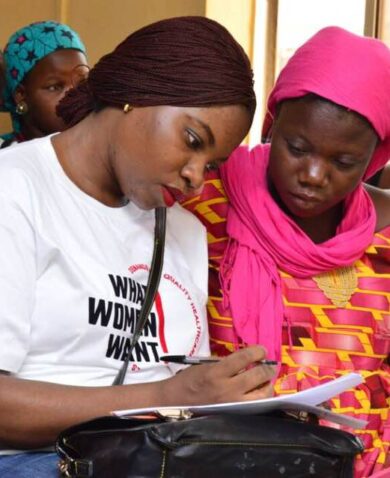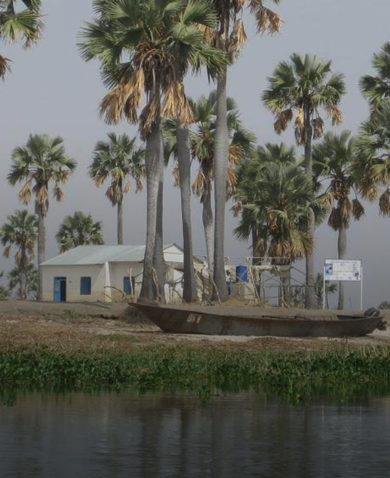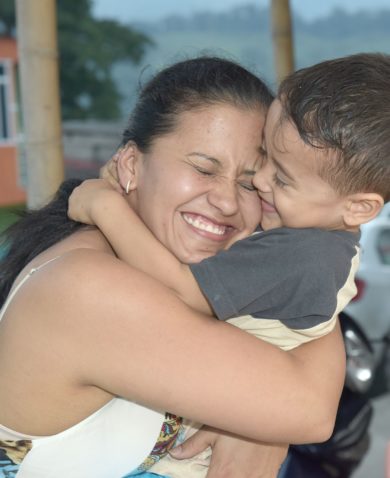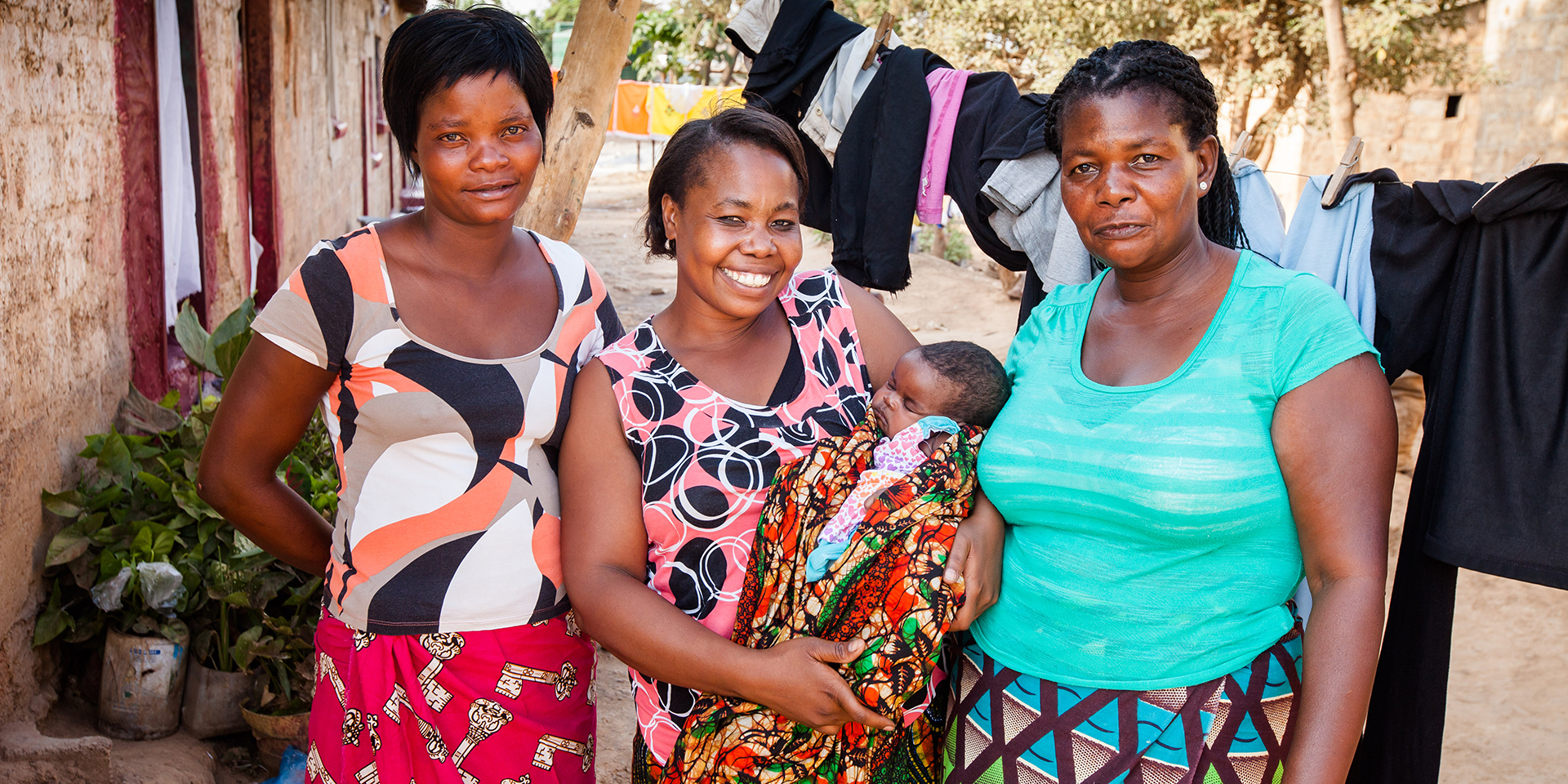
What World Breastfeeding Week Means for These Women
August 7, 2017 | 4 Minute ReadHow can we promote the amazing health benefits of breastfeeding without ignoring the many women who find breastfeeding challenging or untenable? Emma Clark explains.
It’s World Breastfeeding Week (WBW), so I should probably start by saying: I’m a huge advocate of breastfeeding. It can be a lovely way for a mother and baby to bond, and it offers a wonderful source of nutrition to a growing infant. It appears to have many benefits to mothers and babies and a positive impact on infant development, though as a global health community we’re still learning the nature and extent of the short- and long-term benefits of breastfeeding, as well as its potential economic and environmental advantages. UNICEF calls breastfeeding “the closest thing the world has to a magic bullet for child survival,” and evidence suggests that breastfeeding is among the vital interventions that can maximize the 1,000 critical days between conception and a child’s second birthday to dramatically improve a child’s long-term quality of life.
As a midwife who works with a vulnerable population in Washington, D.C., and globally in both development and humanitarian contexts, I also have to say: breastfeeding is not always that clear cut, and it’s certainly not always easy. Yet, as I scrolled through breastfeeding infographics, blogs and data sheets in the lead up to WBW this year, I realized that there is still a lot of material out there that ignores the complexities of breastfeeding. Instead, many cheerfully proclaim its many benefits and, at times, share hype and even (mostly well-meaning) misinformation. It made me wonder about what this week of breastfeeding promotion — about “promoting, protecting, and supporting breastfeeding by anyone, anywhere, and at any time” — means for women for whom breastfeeding isn’t a clear, or safe, or supported, or feasible choice.
For example, consider a woman with HIV living in rural Mozambique. She’s just had her first baby and wants to do everything she can to give him a good start in life. She’s terrified of passing HIV to him through her breast milk, but doesn’t have a reliable source of clean water to make formula, and doesn’t have enough money to buy formula anyway. Or the homeless teenager who lives in Washington, D.C., and is staying with her baby at a friend’s already-crowded apartment. She knows that breastfeeding might be cheaper and easier but doesn’t have any privacy and is uncomfortable feeding the baby in front of people she doesn’t know well.
What about the young woman in Latvia who was sexually assaulted as a teenager? She knows all the benefits of breastfeeding but adamantly does not want to breastfeed because of traumatic associations with the assault it brings up. Her healthcare provider keeps pressuring her to breastfeed and is frustrated when she decides to exclusively formula feed. Or the woman in rural China who has to leave her infant with its grandmother to return to work in an urban area several hundred miles away? The new mother in India who wants to breastfeed but whose mother-in-law insists the newborn needs cow’s milk, too, to get enough nutrition?
None of these are rare or isolated examples; women around the world experience these things and more every day. Perhaps more than anyone else, these are the women that WBW must speak to and on behalf of. Repeatedly telling a woman “breast is best” serves no one well. This year marks the 25th WBW, and I’ve been thrilled to see that as it’s matured, content around it has too. Many organizations, most notably the World Health Organization, have moved toward more nuanced messages about how families, health workers, businesses, communities, and governments can support breastfeeding. These reflect the recognition that breastfeeding decisions are not made or undertaken individually or in a vacuum away from cultural context and circumstance. The global health community has a wonderful opportunity in WBW to discuss and publicize these messages, and to ask ourselves hard questions about how to reach and support women in a variety of complex circumstances, whatever their decisions around breastfeeding ultimately are.
The women in these examples and those like them want to do the best thing for themselves and their babies as much as any other women. Women deserve direct and honest communication from those around them to build knowledge about their choices. They deserve opportunities to make choices and have their choices respected and supported. Let’s continue to use WBW as a forum to make these things happen.
For more information on how to support people to make the best, most informed choices for them and then respect and support them in the decisions they’ve made, be it breast, combination, or formula feeding, please see:
- WHO and UNICEF, Guideline Updates on HIV and Infant Feeding
- AVERT, HIV and Breastfeeding Fact Sheet
- USAID, White Ribbon Alliance, and Health Policy Project, Guidelines for Advocating for Respectful Maternity Care
- La Leche League International, Breastfeeding and the Sexual Abuse Survivor
- North Carolina Breastfeeding Coalition, Helping Survivors of Sexual Abuse: Targeting a Silent Breastfeeding Barrier
- American College of Obstetrics and Gynecology, Physician Conversation Guide for Support on Breastfeeding
- Academy of Breastfeeding Medicine, Guidelines for Breastfeeding and Substance Use or Substance Use Disorder
- Centers for Disease Control, Guide to Strategies to Support Breastfeeding Mothers and Babies
- World Health Organization, Breastfeeding Counseling: A Training Course
- International Breastfeeding Journal, Two sides of breastfeeding support: experiences of women and midwives
- World Health Organization, How to Prepare Formula for Bottle Feeding at Home
- World Health Organization, Infant feeding in emergencies for health and nutrition workers in emergency situations for training, practice, and reference
- Engender Health, Comprehensive Counseling for Reproductive Health: An Integrated Curriculum (Focused on family planning but provides great information on how to provide counseling for informed decision-making)
- Royal College of Midwives, Infant Feeding: Supporting Parent Choice





